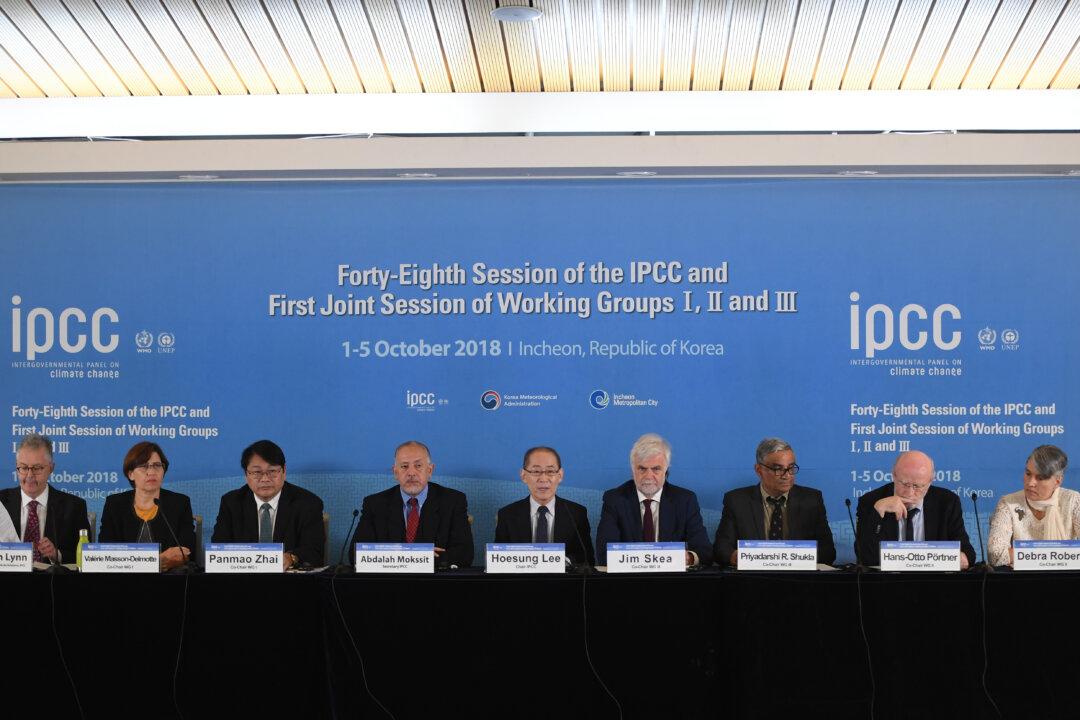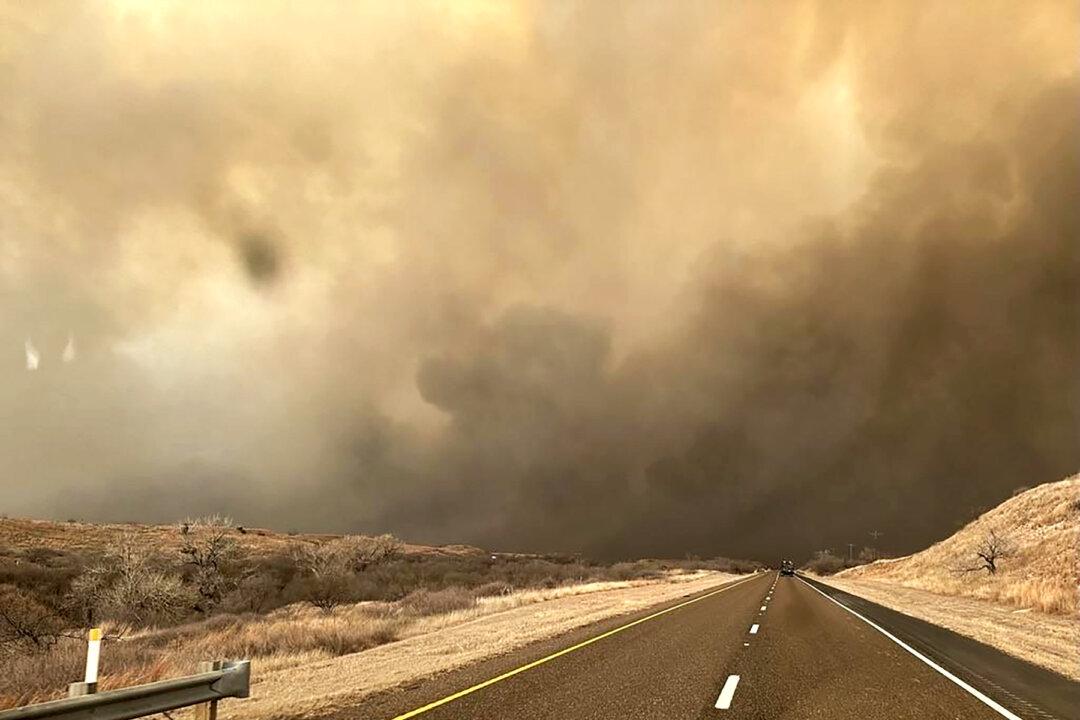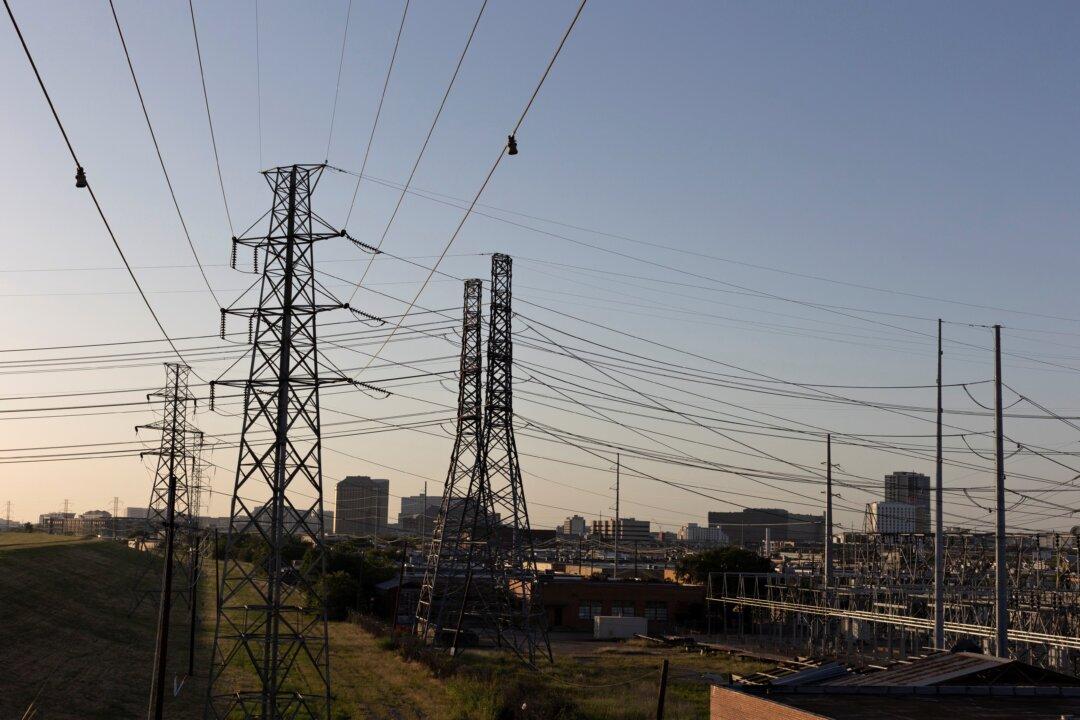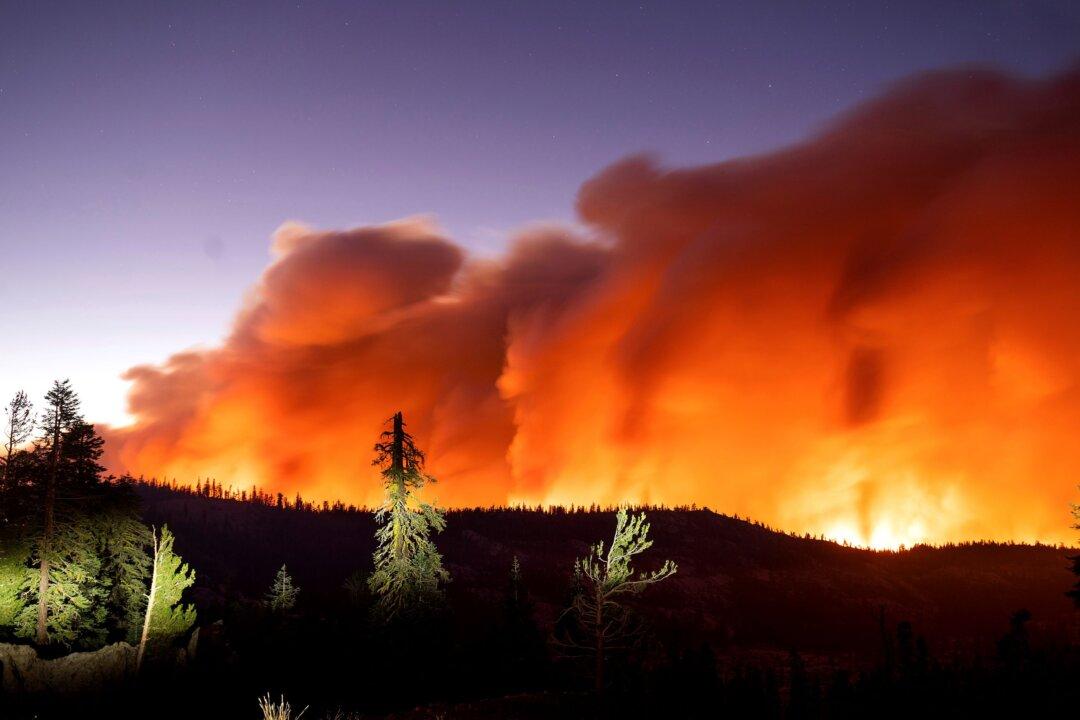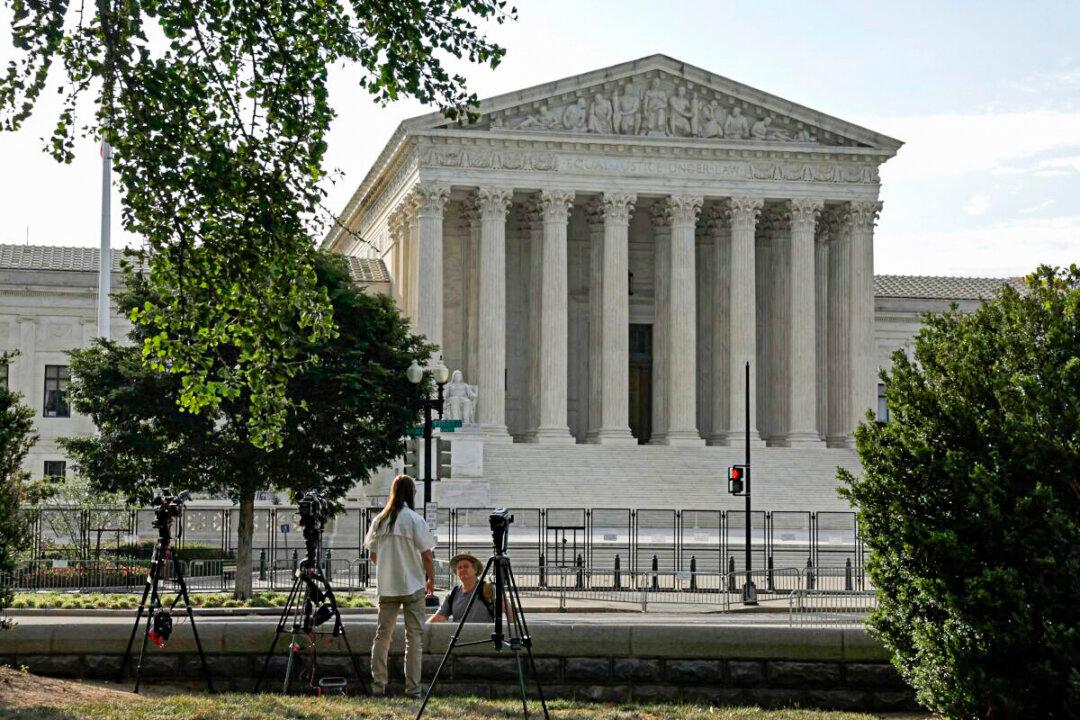Commentary
A new Global Warming Policy Foundation report from retired Oxford physicist Ralph Alexander supports the Intergovernmental Panel on Climate Change’s conclusion that there’s limited scientific evidence linking human-caused climate change to increases in extreme weather. Alexander’s conclusions are also confirmed by recent documents produced by Heartland senior fellow Anthony Watts on the website “Climate at a Glance.”
